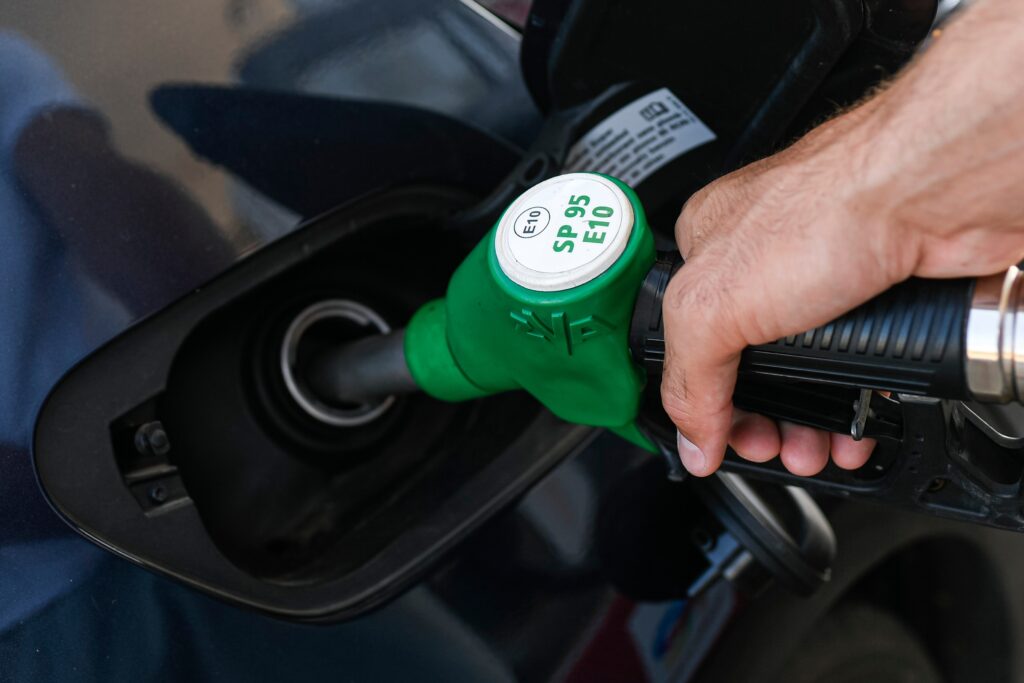From 1 July 2023, vehicles in Ireland will use E10 petrol as fuel.

What is E10 petrol?
This is a type of unleaded fuel that contains a larger amount of plant-based ethanol, aiding in the reduction of its carbon emissions. All fuel stations in Ireland sold unleaded fuel with 5% ethanol (E5) and now E10 fuel has 10% ethanol.
What are the concerns?
Ethanol can be harmful to engine parts. It can cause breakdowns and fires. This is because it has a corrosive effect on plastic, rubber, and metal in the engine and fuel system. Experts are dismissing those worries, though.
One of the main issues with E10 petrol is its potential to cause corrosion in certain engine components. Ethanol can attract and absorb water, leading to the formation of acids and other corrosive substances. Over time, this can damage fuel lines, seals, and other parts of the fuel system.
Additionally, ethanol has a lower energy content compared to gasoline, which can result in reduced fuel efficiency. This means that vehicles running on E10 petrol may experience a decrease in mileage.
Will my vehicle run on E10 petrol?
Note that E10 petrol does not equally affect all engines. Many modern vehicles can handle higher ethanol blends without significant issues.
Older vehicles, small engines, and certain specialty vehicles, including classic cars, may be more affected by E10 petrol.
How can I protect my vehicle from E10-related corrosion?
To mitigate the potential risks associated with E10 petrol, follow the manufacturers guidelines regarding fuel usage.
Regular maintenance, like checking the fuel system and using additives, can prevent or reduce damage from ethanol.
The petrol has a shelf life of approximately one month, which will not suit most fishermen, and other intermittent boat users. Disconnect the fuel line and let the engine run out of fuel before leaving the boat for a while.
We also promote the use of fuel additive, just add 1cc to 1 litre to stabilise fuel, prevent corrosion, fuel line issues, carb problems, and injector damage.
